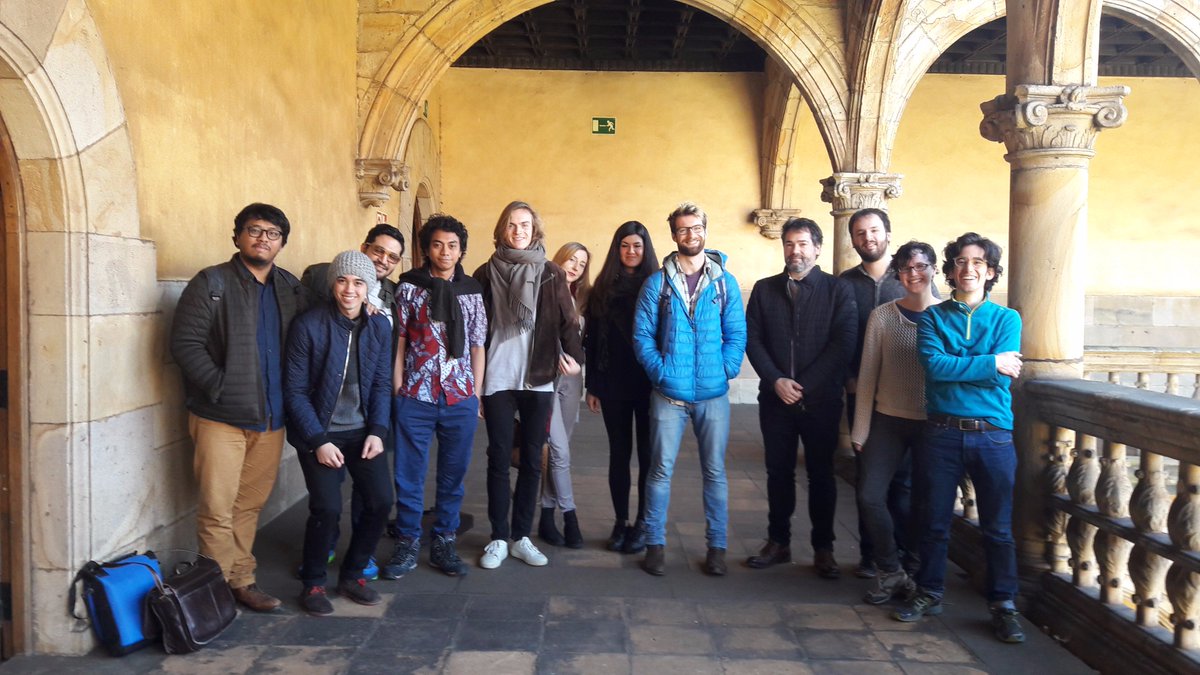Contentious Approaches to Global Law Making
This course provides a systematic and critical introduction to the ongoing debate about the role of law in global governance. For so doing, it begins with a preliminary discussion about what can be called global problems, that means, problems which by their very nature and scope seem to justify, at least apparently, a complex transition from the conventional understanding of (public and private) international law, tailored to measure Nation-States, towards a new architecture of global law-making. In that new context, new public and private actors overly compete among them, through a wide variety of formal and informal processes, giving form to a new plural, and increasingly fragmented, and contentious global regulatory landscape. The course will also analyze how a new interplay between State, market and societal forces is shaping these new global regulatory processes, and will discuss critically its main functional and normative challenges.
Course outline:
From global problems to global law-making
- Global problems?
- Modes of existence of global law
- States, markets and societies
- Hierarchies, markets, networks
- Functional and normative dimensions
- Architectures of global governance
The politics of global-law making: contending views
- Global law-making as a negotiated order: institutional liberalism
- Global law-making as power politics: structural realism
- Global law-making as shared expectations: constructivist approaches
- Global law-making as global (administrative) constitutionalism
- Global law making and the mediation of social conflicts: post-marxist perspectives
- Global law-making as self-regulation: systems theory
- Global law-making as Empire: decolonial approaches
- Global law-making as bio-politcs: poststructuralist and feminist approaches
Global law-making and the problem of legitimacy
- Effectiveness
- Mutual gain
- Participation
- Deliberation
- Recognition
- Redistribution




